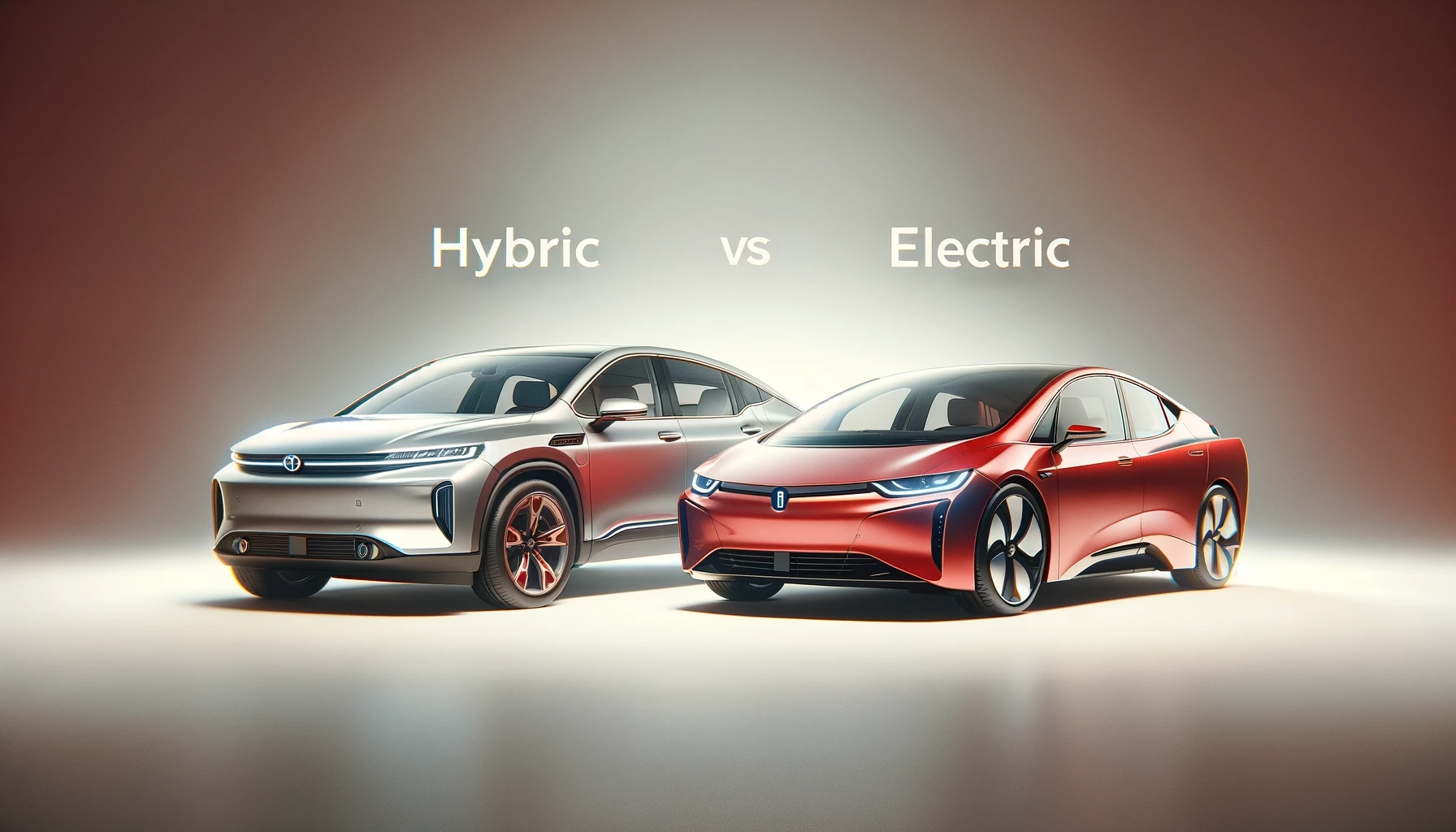Overview of hybrid and electric cars
Hybrid and electric cars represent two main avenues of the automotive industry’s shift toward greener alternatives. Hybrids combine a traditional internal combustion engine with an electric motor, harnessing the strengths of both to reduce fuel consumption and emissions. Electric cars (EVs), on the other hand, rely solely on electric power, stored in batteries and used to drive an electric motor.
Performance and efficiency
Hybrid cars offer a balance of fuel efficiency and range. They are particularly effective in city driving, where they can utilize electric power at lower speeds and recover energy through regenerative braking. On highways, the gasoline engine primarily powers the vehicle, aiding in longer travel distances without frequent stops for fuel.
Electric cars boast impressive torque and acceleration due to the immediate power delivery of electric motors. They are highly efficient, with energy conversion rates significantly higher than internal combustion engines. However, their range is dependent on battery capacity, which has been a focal point of recent advancements, leading to models now offering ranges comparable to conventional cars.
Environmental impact and sustainability
The environmental benefits of electric cars are prominent, especially when charged with renewable energy sources, as they emit no tailpipe pollutants. Hybrids, while still reliant on fossil fuels, reduce emissions compared to traditional vehicles by optimizing engine usage and utilizing electric drive.
Sustainability extends beyond emissions. The production and disposal of batteries for EVs pose environmental challenges, including resource extraction and recycling needs. Advances in battery technology and recycling processes are crucial for enhancing the sustainability of electric vehicles.
Cost of ownership and maintenance
Initial costs for electric cars tend to be higher than for hybrids, largely due to the expensive battery systems. However, tax incentives, lower running costs, and fewer moving parts leading to reduced maintenance needs can offset this over time.
Hybrid vehicles, with their dual powertrain components, might incur higher maintenance costs than traditional cars but generally offer savings on fuel and are less expensive upfront than EVs. The total cost of ownership for both vehicle types continues to become more competitive as technology advances and economies of scale are achieved.
Charging infrastructure and range anxiety
The availability of charging stations is a critical factor for electric car adoption. Urban areas and major highways have seen significant improvements in charging infrastructure, reducing the concern of range anxiety. However, in more remote areas, charging options may still be limited.
Hybrid cars, given their gasoline backup, do not face the issue of range anxiety and can be refueled at any gas station, making them a more versatile option for some consumers.
Conclusion: Navigating the future with Nerd Auto
Choosing between a hybrid and an electric car depends on individual needs, preferences, and values. While hybrids offer a bridge between traditional combustion engines and a fully electric future, EVs present a leap into a sustainable automotive era. As these technologies evolve, consumers are increasingly able to select vehicles that align with their environmental, performance, and financial priorities.
At Nerd Auto, we understand the importance of staying ahead in the automotive industry. Our expertise in crafting state-of-the-art websites for automotive dealerships ensures that our clients are well-positioned to cater to the evolving preferences of car buyers. Partner with us, and let’s drive into the future of automotive retail together.

